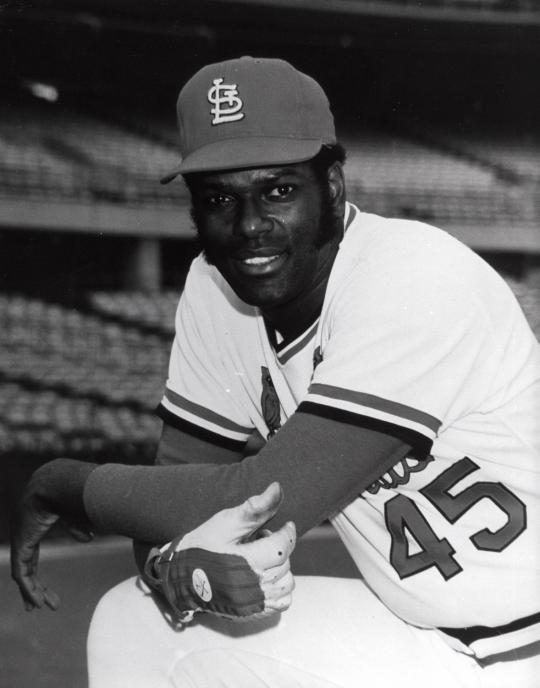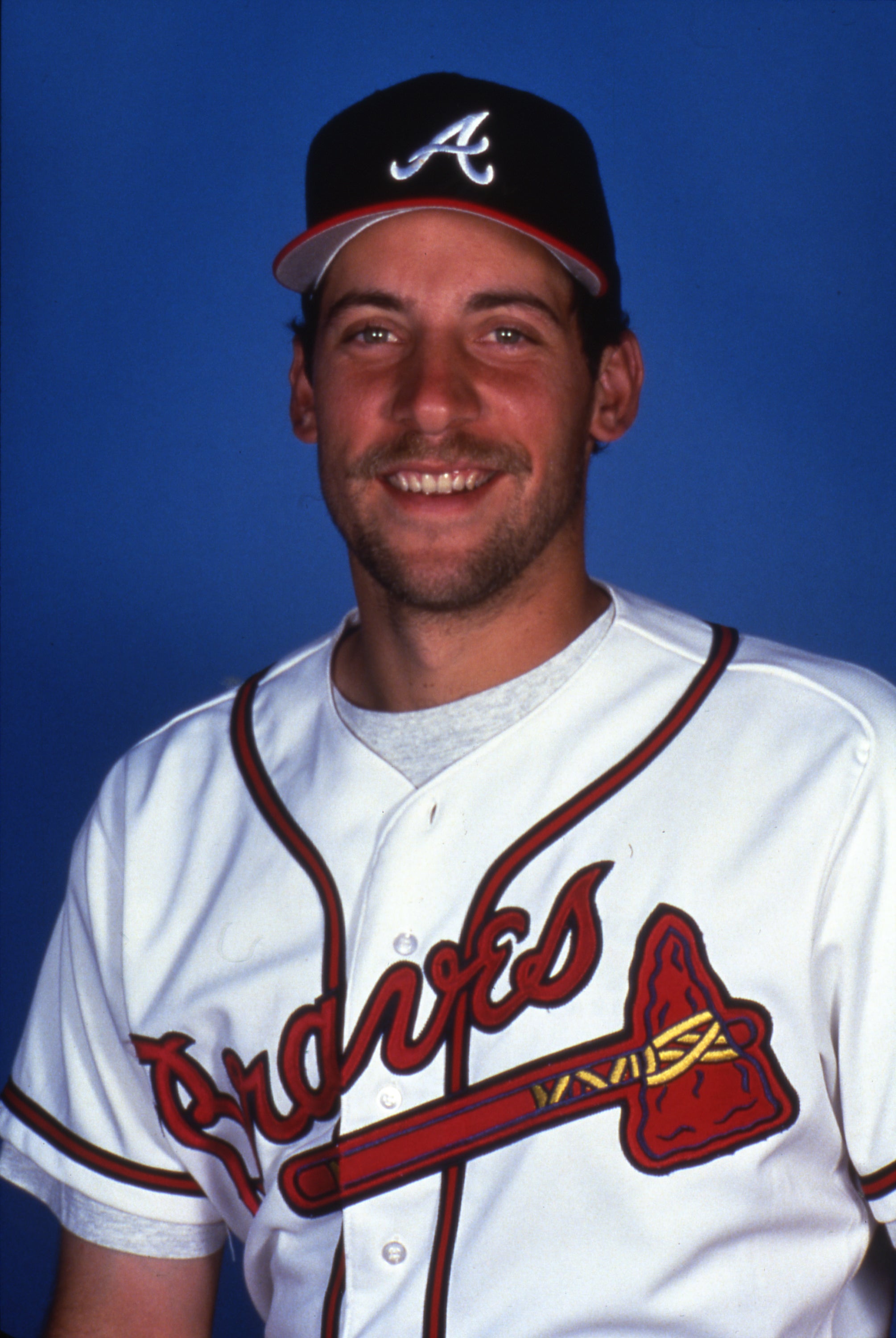- Home
- Our Stories
- Bob Gibson becomes the second pitcher to record 3,000 strikeouts
Bob Gibson becomes the second pitcher to record 3,000 strikeouts
He went in history down as one of the most decorated pitchers in Major League Baseball. On July 17, 1974, however, Bob Gibson joined a club that had previously only included one man when he recorded his 3,000th career strikeout.
Getting to 3,000 strikeouts for a pitcher is almost a lifetime achieve award in itself. A list of all-stars and Hall of Famers make up the 3,000-strikeout club.
Almost 51 years separated the first two pitchers who racked up 3,000 strikeouts. Walter Johnson achieved the feat in July of 1923, while Gibson set down his 3,000th batter five decades later.
Gibson entered the July 17 night game at Busch Stadium against the Cincinnati Reds stuck on 2,999 strikeouts – one away from the career milestone. He didn’t have to wait long. With two out in the top of the second, Reds leadoff man Cesar Geronimo stepped to the plate. Gibson got Geronimo swinging, and like the 2,999 before him, Geronimo made the long walk back to the dugout.
In Gibson’s 17-year major league career, he tallied 3,117 strikeouts – all with the St. Louis Cardinals. He was a major contributor in two world championships during his time in the Gateway to the West, winning the World Series Most Valuable Player award in both 1964 and 1967.
Hall of Fame Membership
There is no simpler, and more essential, way to demonstrate your support than to sign on as a Museum Member.
“Gibby is one of baseball’s greatest competitors,” said former St. Louis teammate and fellow Hall of Fame member Stan Musial.
Gibson put together one of the best single season pitching performances ever in 1968, going 22-9 with a 1.12 earned run average. He struck out 268 batters in 1968 and in the process became the first National League pitcher since Sandy Koufax in 1963 to win NL MVP honors and the NL Cy Young Award in the same season. Gibson would add one more Cy Young to his trophy case in 1970, the final year in a three-year stretch in which he won at least 20 games each season.
Spanning three decades of play, Gibson was a nine-time National League All-Star, and starting in 1965, he won nine straight Gold Glove Awards. He was elected to the National Baseball Hall of Fame in 1981, appearing on 84 percent of the Baseball Writers Association of America’s ballots.
“Bob was as good as any pitcher of his era. I always said he was the toughest pitcher I ever faced when I came into the league,” said former major leaguer Bobby Bonds. “If you need[ed] a man to win a big game, just hand the ball to Bob.”
Andrew Kivette was a public relations intern in the Hall of Fame’s Frank and Peggy Steele Internship Program for Youth Leadership Development
Related Stories
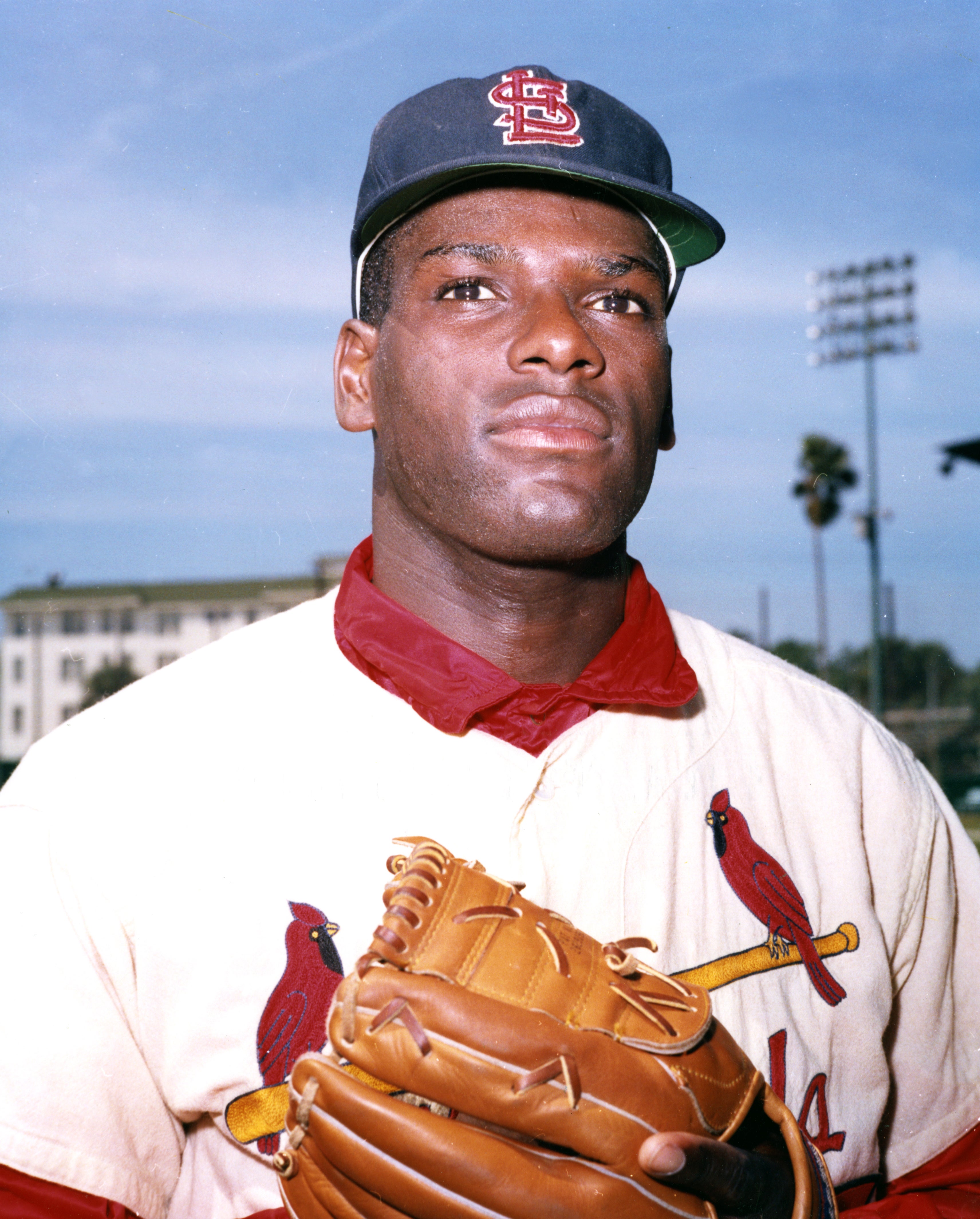
Bob Gibson wills Cardinals to Game 7 victory in 1964 World Series
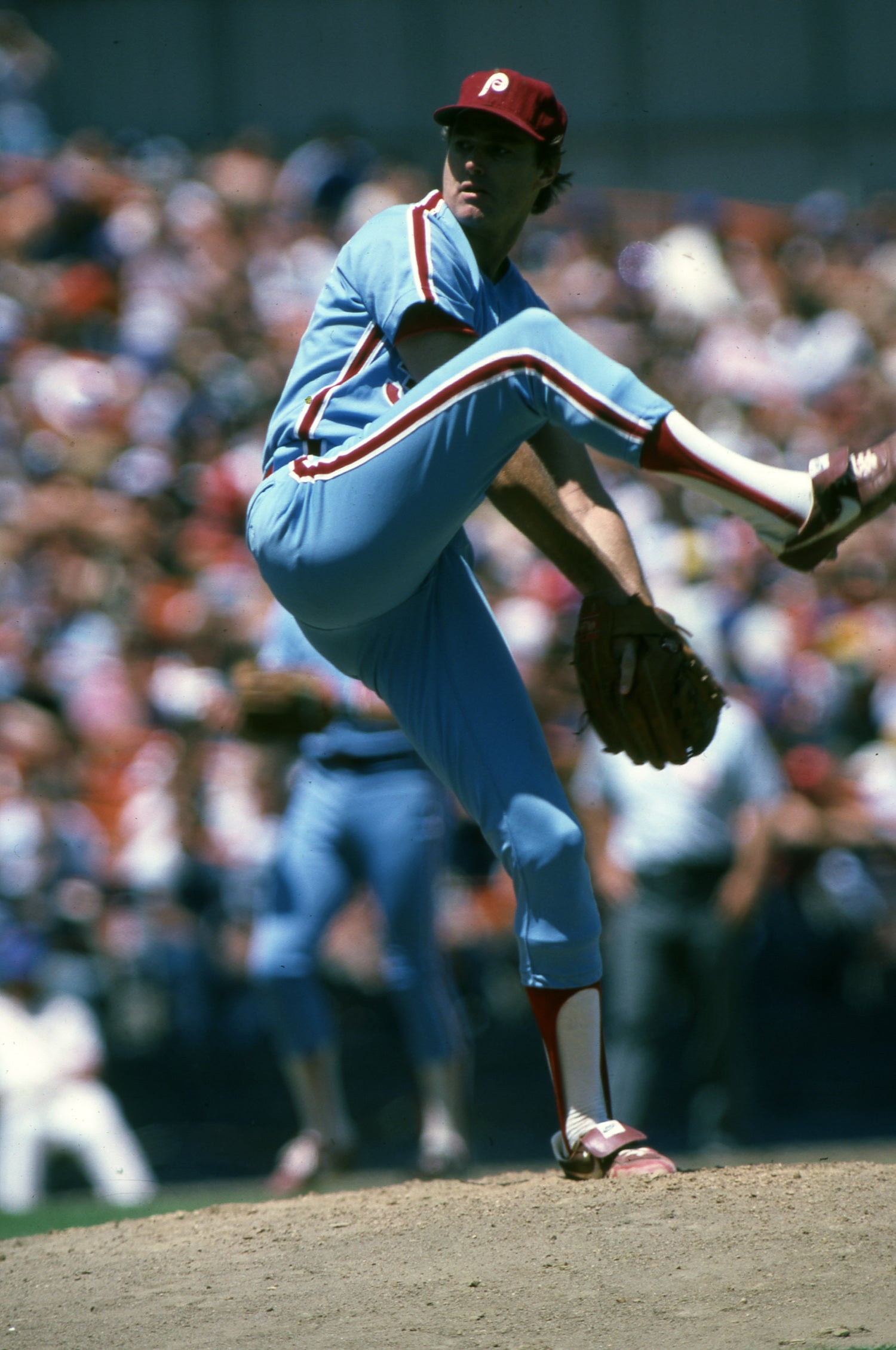
Steve Carlton passes Bob Gibson atop the NL's all-time strikeout list
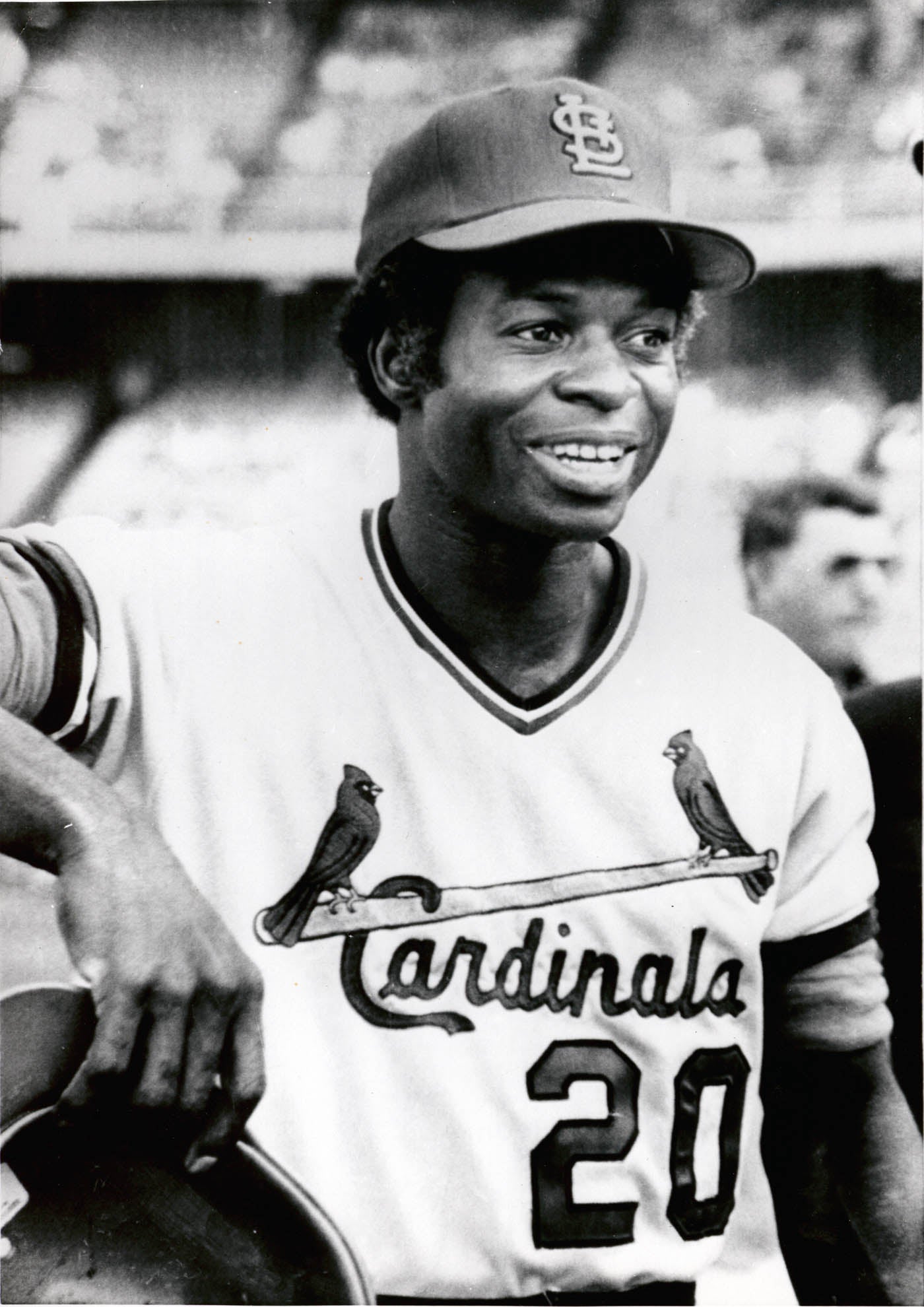
Lou Brock traded to Cardinals
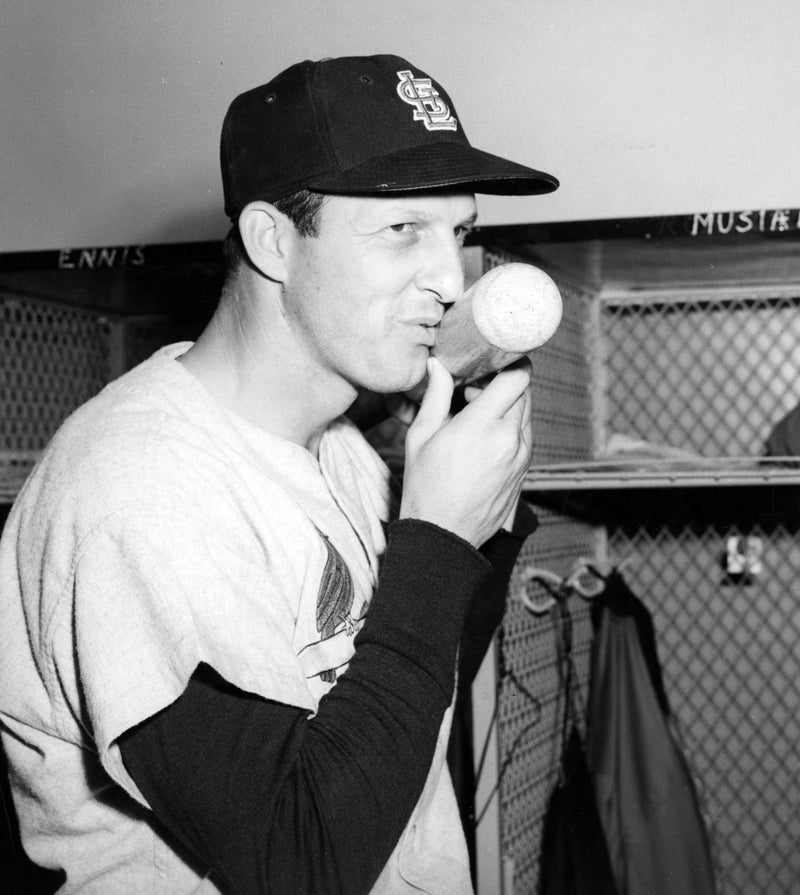
Musial passes Speaker on all-time hits list

Bob Gibson wills Cardinals to Game 7 victory in 1964 World Series

Steve Carlton passes Bob Gibson atop the NL's all-time strikeout list

Lou Brock traded to Cardinals


